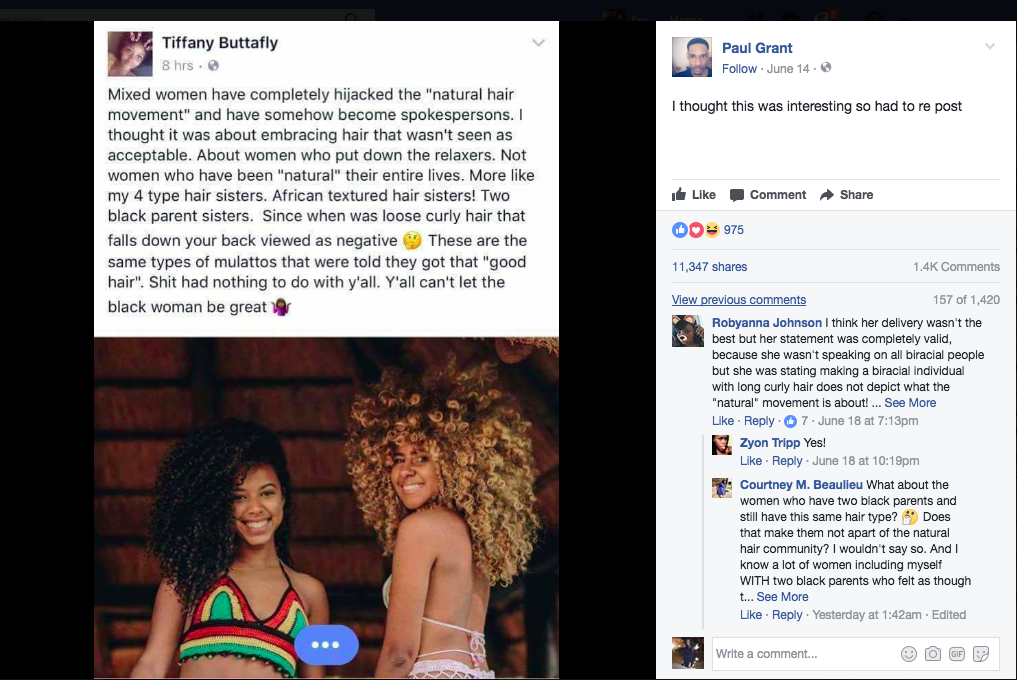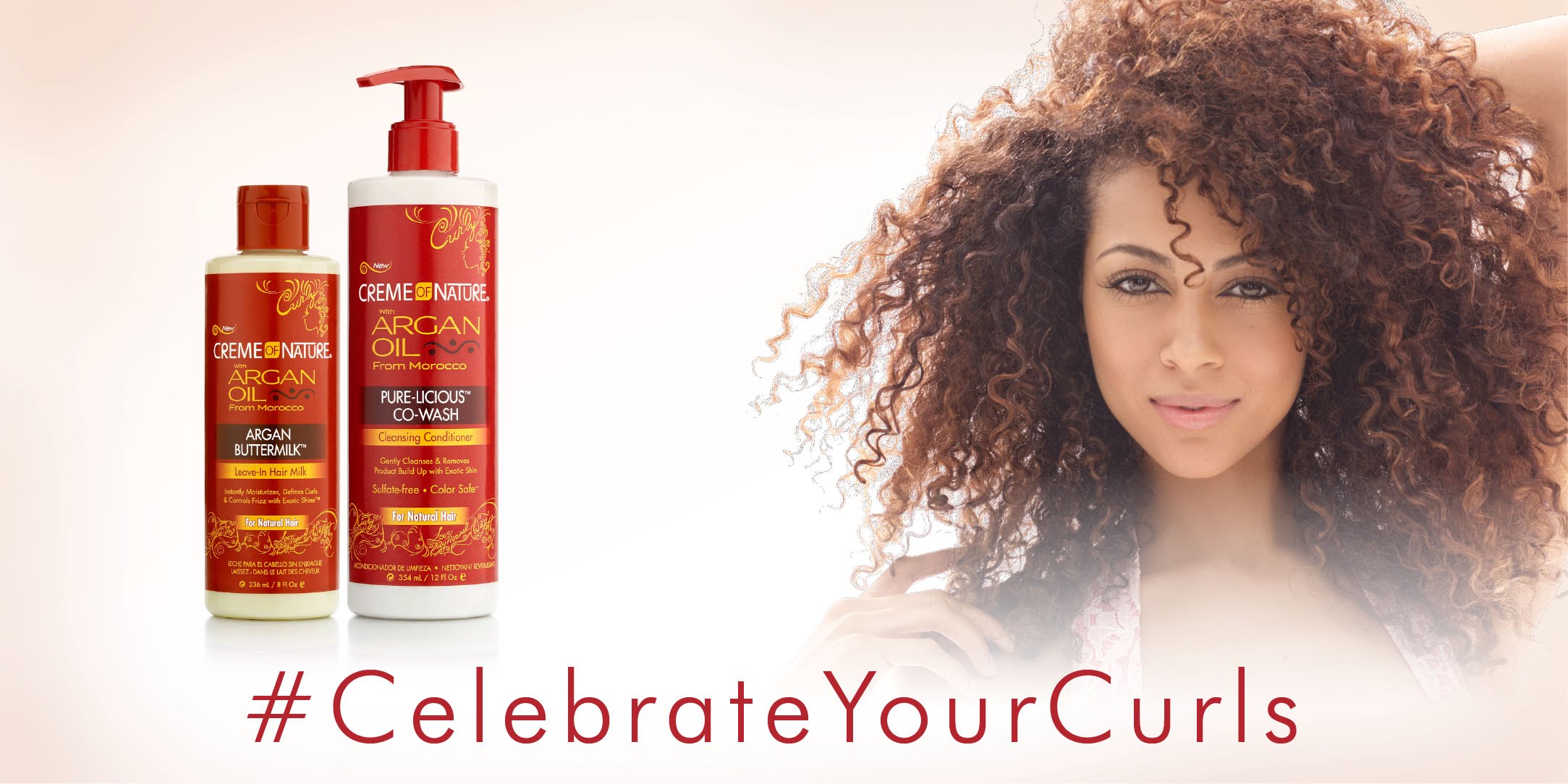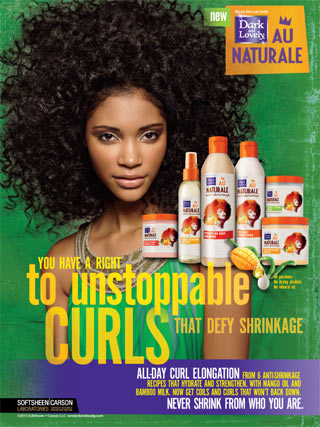There's Something Missing From These Ads For Black Natural Hair Products
By:
The hair industry cashes in on black women, but with the growth in natural hair care products and maintenance tools there is one thing missing in its advertising – dark skinned women.
This void was recently called out in a viral Facebook post stating that "mixed women completely hijacked the 'natural hair movement.'"
 Facebook.com - facebook.com
Facebook.com - facebook.com
It was posted on June 14, and has garnered over 11,000 shares and over 1,400 comments, with many people arguing both sides.
The outrage from many of the people who commented on the post and as a few mentioned, stems from the fact that many black women have long and complicated relationships with their hair. The complexity of that relationship is often amplified when the woman has darker skin and kinkier hair.
Some of these issues stem from a lack of public acceptance for black hair textures and styles over the decades. In the black community, hair is often a big part of a woman's life, whether it's in the workplace, in the classroom, and even in intimate relationships.
In recent years, black women have started to transition to natural hair in large numbers. In 2011, this transition became most evident as the numbers for relaxer kits, which is a chemical hair product used to straighten textured or kinky hair, sales started dropping.
While not all black women have the same hair type, generally, dark skinned black women tend to have coarse and kinky hair, resulting in defined natural curls and Afros. They're a huge piece of the natural hair care product market yet, you cannot find them in any advertising as they are commonly ousted from images in natural hair commercials and advertisements for women with fairer skin and looser curls.
This isn't new and isn't the first time this tactic was called out.
Shea Moisture was under attack in April after a new marketing campaign only showed women with fair skin and white women discussing their hair issues. In particular, there was one white woman in the commercial who said, “I just didn’t feel like I was supposed to be a redhead. I dyed my hair blonde for years. Platinum blonde.”
People began talking about boycotting the Harlem-born, black hair product company, with Shea Moisture soon responding to the backlash with an apology.
So why are black people upset about who is seen in these advertisements of hair products?
Well, it has been well documented over the years how often black women face discrimination both in school and the workplace over just simply wearing their natural hair.
From the workplace to school campuses, black girls and women have been disciplined often for their hairstyle choice and texture. Often the discipline is justified by claims that their hair, no matter the style, is unprofessional or unkempt.
Earlier this year, former first lady Michelle Obama shed light on how black women change their hair for the workplace and spotlight. It's likely why for eight years, during her time in the White House, she maintained a sleek look and never anything resembling a more natural state.
Light and fair skinned women haven’t hijacked the natural hair movement but the chance for all black women to be themselves and love themselves has yet to be seen in media or advertisements. It's a change that needs to happen and hopefully by having these conversations it will happen soon.

 Youtube -
Youtube -  Dark n Lovely -
Dark n Lovely -